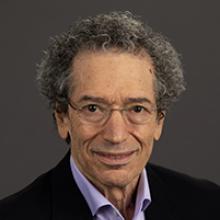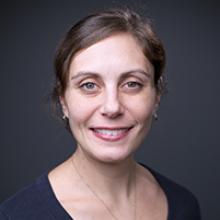The Potential of Science of Learning and Development (SoLD) to Transform Education Systems
Various scientific areas of inquiry—including neuroscience, epigenetics, learning science, social and emotional learning, early childhood development, the science of adversity, and human development—tell a positive and powerful story about how children develop, how they become and grow as learners, and how their environments can nourish or impede the expression of their fullest potential. Scientific convergence affirms the potential in each child and suggests significant implications for transforming the design of education and other child-serving systems to achieve education equity and excellence.
The Science of Learning and Development (SoLD) initiative began in 2016 with a shared commitment to a better and more equitable education for each and every child—and a hypothesis that a synthesis of the knowledge from multiple disciplines on the science of learning and development could provide critical insights and solutions to persistent and growing inequity and underperformance in the U.S. education system.
The initiative grew out of a partnership including AIR, Education Counsel, The Opportunity Institute, Learning Policy Institute (LPI), Turnaround for Children, and Populace. Each organization committed to improving equity and outcomes for all students, particularly for students how have been and continue to be underserved by our education system. The partnership aimed to work at all levels of the system and leverage their collective expertise and influence to identify and promote research, practices, and policies that are aligned to and advance the science of learning and development.
An overarching goal of all SoLD partnerships, projects, and practices is to support the effective learning, educational attainment, and positive development of all children.
Addressing Equity with a Science of Learning and Development Frame
To successfully transform the education system, it is necessary to recognize and address longstanding failures to provide full and fair opportunities for students of color, students from low-income families, students with learning differences, students with disabilities, English learners, and other children and youth underserved by the current education system and related child- and family-serving systems. The prior work of the SoLD Initiative affirms that the science of learning and development presents numerous, powerful lessons that could transform our child-serving systems to help each and every child achieve his/her full potential, with a particular focus on children who are underserved.
The initial phase of the SoLD Initiative sought to summarize and elevate the science as a key driver of change to support long-term efforts to close the gap between the systems we have and the systems we need.
Additional projects have been developed with the goal of engaging practitioners, policymakers, and scientists in the dissemination and implementation of SoLD aligned practices and interventions. AIR has a role across core SoLD projects to establish a strong base of shared knowledge and learning. Currently there are three key SoLD projects building upon the science base: an examination of methods and measures available to support students’ individual growth trajectories; establishment of a national advisory committee to support and disseminate the SoLD science; and an effort to explore the feasibility of implementing SoLD aligned initiatives within school districts, including conducting case studies and developing tools to support.

